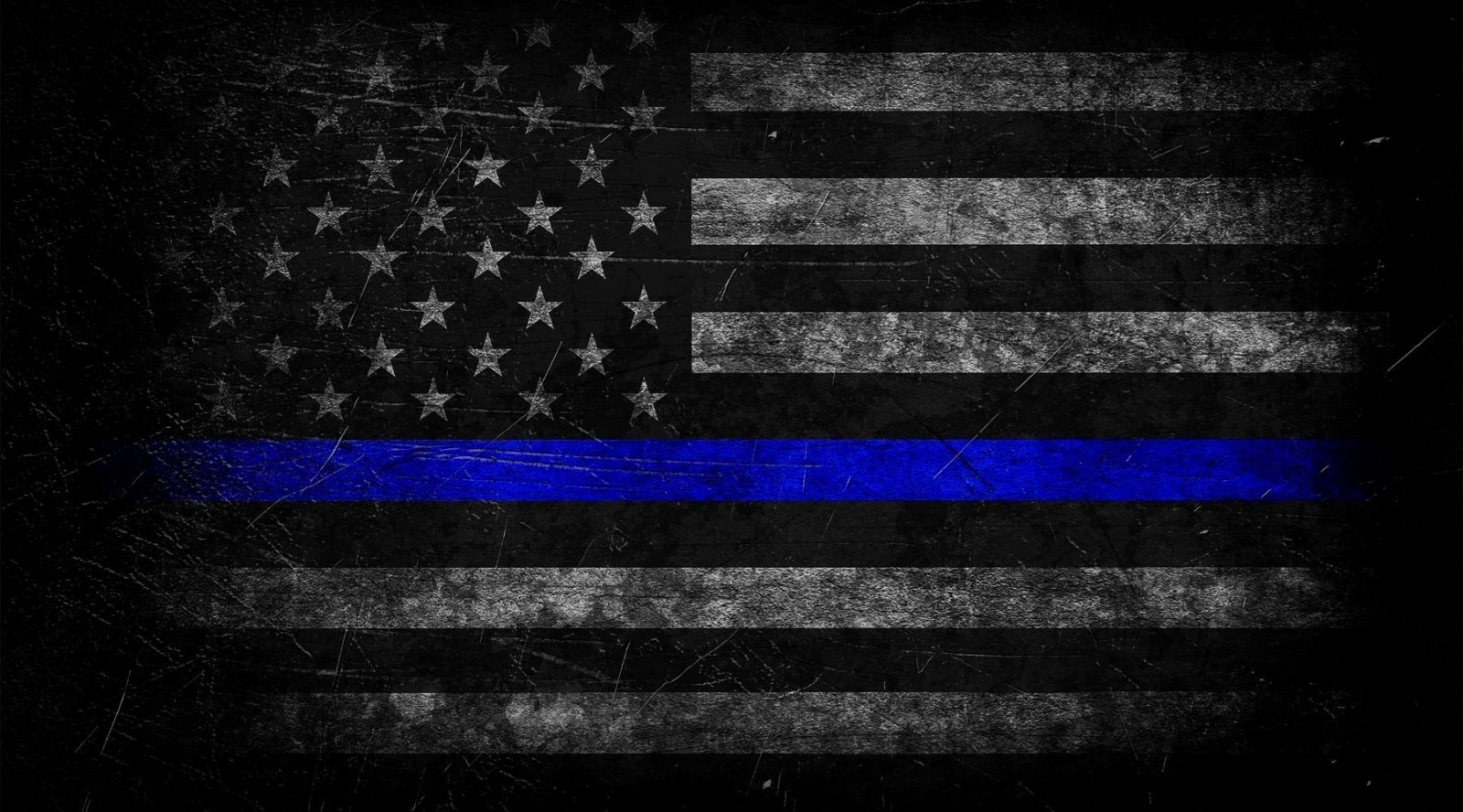
Virtually every time I step in the shower, I start to have the very same thoughts.
It begins, not surprisingly, with the water.
Once the liquidized combination of hydrogen and oxygen is warmed to what I deem to be the perfect temperature, I step into the ceramic enclosure, stand directly beneath the shower head, and revel in those few moments of heaven.
Eventually my eyes open, and for some reason I look up at the shower head and fixate on the colorless, tasteless torrent hitting my face. And almost every day, I find myself amazed, aware of my privilege, thankful, and somewhat ashamed.
I’m amazed at the technology, the ingenuity, and the culture that allowed for such a feat of engineering to be conceived, built, and delivered at the turn of a handle.
I’m aware that I am lucky enough to live in a world where this technology is so readily available.
I’m thankful that I live where I live and was born to parents who loved me, cared for my wellbeing, and provided comfort, structure, health, security, and the opportunity to have all the things—including water—necessary to sustain my life.
And I’m ashamed that I take the water dripping off my body for granted. That I waste an obscene amount of it—over 2.5 gallons a minute—using much more than I need to clean my body.
We Live a Spoiled Existence
What does this have to do with law enforcement?
We take day-to-day, life-sustaining conveniences such as free-flowing water for granted.
We take our safety and security, as well as the people who provide both, for granted.
Most people in this country (including myself) are astonishingly spoiled.
We live in a world where we almost never find ourselves in a state of actual need. Our individual and collective privileges, entitlements, and expectations are ridiculous.
As a kid, I never wondered how the water got to the faucet. It was just there. It was never ending. It was ours. It was mine. It was something that was a constant, something everyone had, something we deserved, and something I never worried about. It was a commodity that was somehow provided, and I never, ever, thought that it wouldn’t be there.
It just would be.
Beyond plentiful water, our basic needs in this country are easily met.
Our wants are too.
Consider what we have available at our literal fingertips.
Hungry? Go to the store, find a restaurant, or simply click an app and open your front door.
Want yet another shirt or pair of pants? Trip to the mall.
Hot? Turn on the air conditioner. Cold? Flip on the heat. Sick? Doctors and emergency rooms are minutes away. Bored? We’ve got 500 channels on that thing we used to call a TV set.
Spoiled, spoiled, spoiled.
We want, and viola, it is there.
The same is true when it comes to our personal wellbeing. Safety and security from uncomfortable situations, scary people, violence, and criminality is essentially at our fingertips.
Hear a noise that you are too afraid to investigate? Dial 911.
Dog barking next door keeping you awake? 911.
Cars driving too fast down your street? 911.
Someone is following you? 911.
Someone stole something from you? 911.
Person acting crazy in front of your house? 911.
Abused, assaulted, robbed? 911.
Getting off late, afraid to walk to your car? 911.
Husband drunk and profane? 911.
Crazy driver in front of you? 911.
Dial those three numbers and presto chango, people show up to deal with what you don’t want to or can’t deal with on your own.
Who shows up? Police-type people. And no matter what some may say, the police will do what you need them to do professionally, safely, and to your satisfaction in the vast majority of cases.
2016 saw the height of the anti-police movement (prior to the current anti-police movement) following the events in Ferguson, Missouri. That year, Gallup found that 76% of Americans had “a great deal” of respect for the police in their own communities.
Other surveys, research, and polling over the years report the same type of findings. Check out FBI stats or the Bureau of Justice Statistics (BJS) who regularly examine police/citizen contacts.
But none of that is the point of this article.
The point is that we take our safety, security, and comfort for granted just as we do our convenient access to water.
Is Citizen Safety a Right?
Up until three years ago, the last 20 years in this country have been the safest decades in American history. Crime rates have consistently gone down year after year beginning in the early 90s. Street crimes and violence were down over 70% compared to that period of time.
The average person in this country doesn’t even remember how violent those years actually were.
They are used to living in safety—having an available water supply, so to speak.
But what if the water just suddenly disappeared? What if it wasn’t there when you turned the handle on the faucet?
What would you do? Who would you call? Where would you go?
Who would give you back what you are used to, what you need, and what you’ve always had?
No one. You’d be on your own.
You’d have to find some. Dig into the earth. Beg, borrow, and yes, perhaps steal water.
America is the greatest country on the planet and in all of human history. It’s not perfect, but no country is or ever has been.
But where did it come from? It didn’t just show up.
People envisioned its existence into a possibility. It was thought out. Then it was created, and unprecedented freedom followed. Again, it wasn’t perfect, but it was still unique and unparalleled.
After the foundation of this country, people were at times required to leave the comfort of their homes and postpone their lives and livelihoods when our way of life was threatened. They fought in terrifying battles. Countless died to ensure it would continue to exist—that no one would destroy this nation or the freedoms it provides to its citizens.
And they did that again, and again, and again. They did it each time the country and its way of life was in jeopardy.
But soon, the memory of those sacrifices waned as innovation and progress provided the next several generations with unprecedented comfort. People found themselves with a whole bunch of stuff that they didn’t have to work exceptionally hard for and stuff they never even had to think about. Soon, they never even had to consider how they got it all. It was just always there. It was expected. They deserved it and they were entitled to it all. Like water.
Today, some in this country—anarchists, activists, and even politicians—are in favor of the metaphorical water to be shut off.
For the police to disappear.
The police, now portrayed as contaminated, are something that people are used to having but are now being told they don’t need. The privilege of safety? Unwarranted.
Those who hold this perspective lie to promote it. They characterize all police officers as evil, pervasively racist, and extraordinarily violent. They disparage the profession with impunity and make unsubstantiated and unchallenged accusations. They not only avoid the plethora of research and statistics disproving their characterizations, but they also demonize anyone who dares to bring up the facts or challenge their claims.
Too many people are buying into their nonsense arguments. Referendums are being written. Votes will be taken to determine if the police should be completely eliminated, defunded, or severely downsized.
There are only whispers of ideas related to replacing the police and their responsibilities. But those whispers are carefully crafted to tap into emotions, creating visions of “care” rather than “enforcement.” “Assisting” rather than “injuring.”
Shutting off the unnecessary water.
In reality, the cities which are seriously considering eliminating the police will not have to worry about politicians shutting off the spigot. In many of those cities, the water is choosing not to flow.
Retirements within law enforcement are at a record high, as are flat-out resignations. Many officers have simply walked off the job. Almost none are recommending that young men and women consider police work as a profession.
The Desperation of Thirst
The stream of water is slowing to a trickle. What will be the result when the population gets thirsty for safety and security? What will be at their fingertips when they are truly wanting or needing?
Look no further than Portland, Seattle, and other cities where politicians encourage criminals and demonize (or criminalize) police intervention of criminal behavior.
Pay attention to Minneapolis, where council members have voted unanimously to eliminate their police department—to voluntarily turn off the spigot from which security and safety flow.
What are citizens to do now? What will be the response when their thirst for safety is critical?
Historically, when people get thirsty, they get desperate. Gun sales are skyrocketing all over the country. It’s beyond anything ever seen before.
Why?
It’s not for hunting. It’s because of a thirst for security.
But police abolitionists say it’s better to be thirsty than to drink contaminated water.
It’s a flawed reality. It is a sick hoax.
We’ll see what happens when the population is denied what they have become dependent on. How many will die because the water isn’t flowing?


